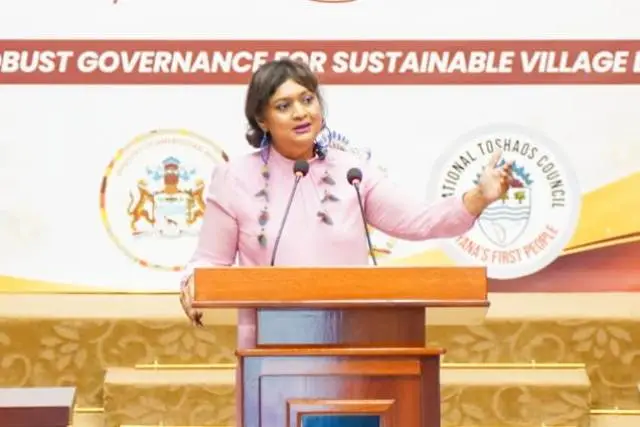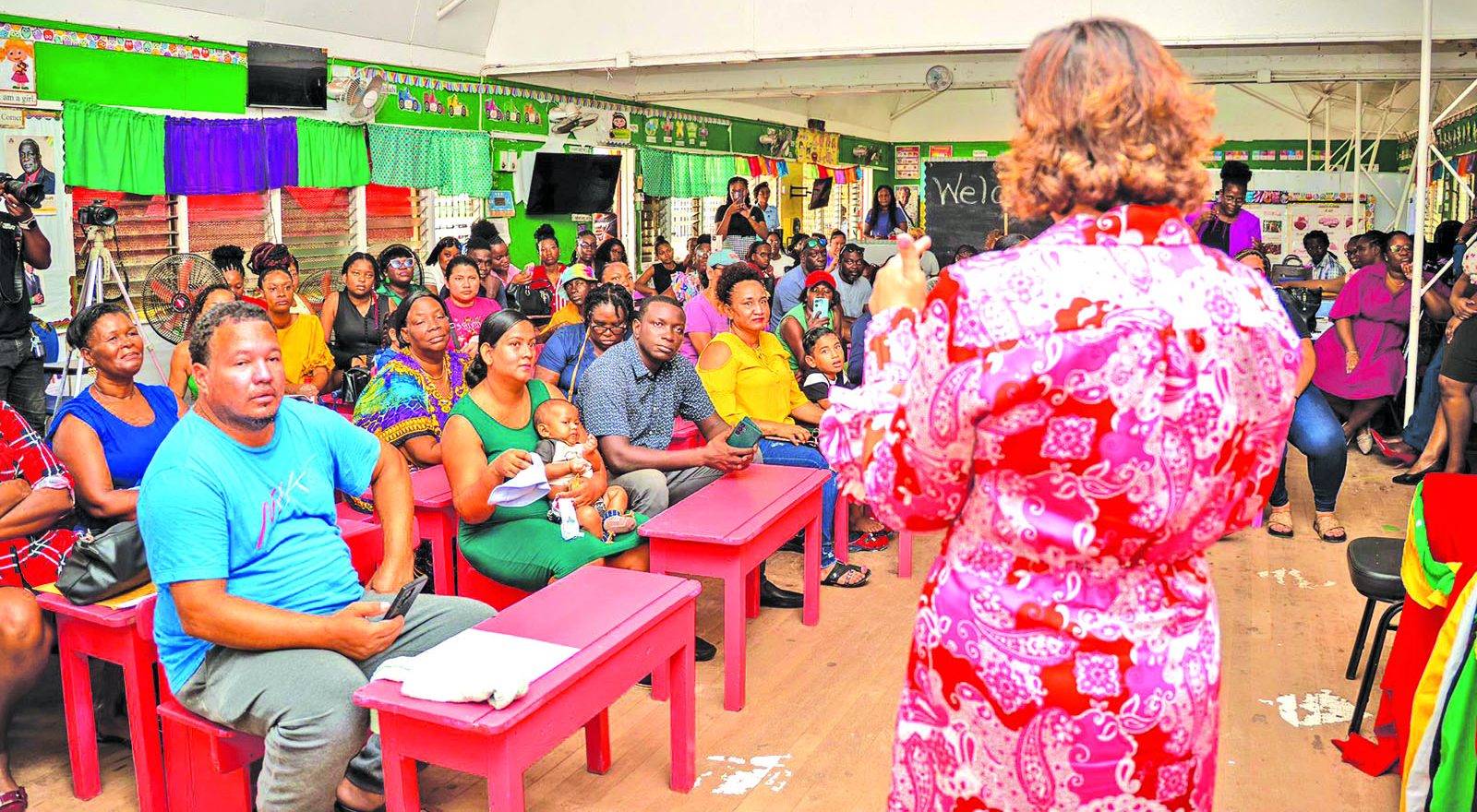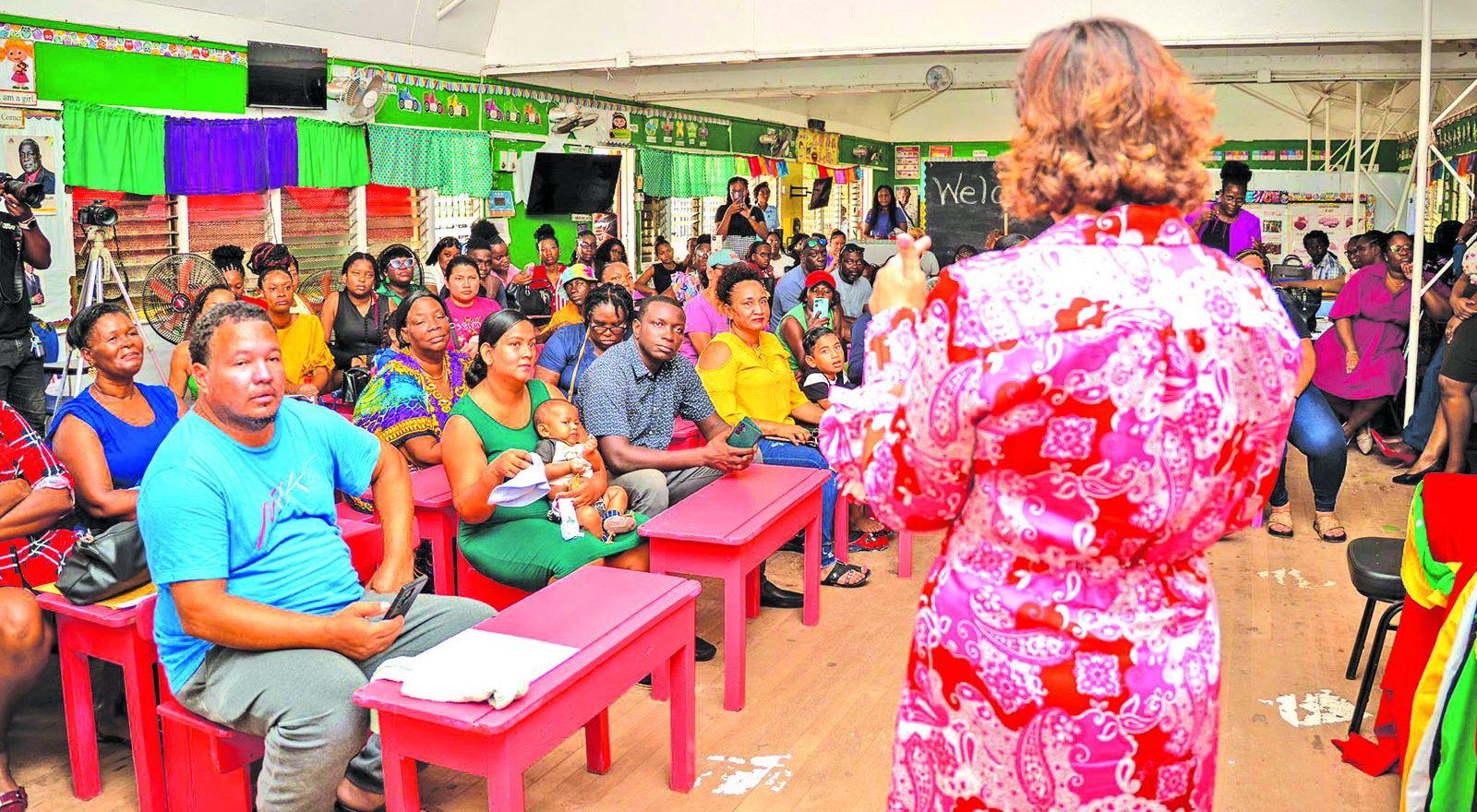Cap on CSEC subjects
Former Education Minister Priya Manickchand criticised the proposal to limit the number of subjects pursuable by Guyanese students sitting the Caribbean Secondary Examination Council (CSEC) Examinations, dubbing the application a “threat by the Granger Government.”
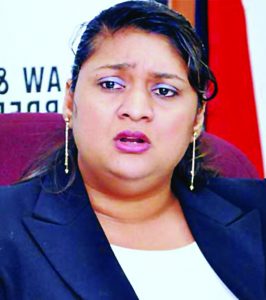
Former Education Minister Priya Manickchand
In an interview with Guyana Times, the Member of Parliament responded to the call for change within the secondary educational system, noting that it is a misinformed decision, impeding on the rights students and their families.
The former Education Minister is of the view that the threatened ban has “not been informed by sense, statistics or the reality of where we are as a country or indeed a world.” As such, she posited that the banning students from writing as many subjects as they preferred is dictatorial and archaic.
In her objections, Manickchand went on to question the motive for such a direction, adding that it will only prevent students from exploring their personal potential. By doing so, she noted that Government send the message that they have no regard for the rights of children to make informed choices nor of the capabilities of children.
In her contention, the former Education Minister further indicated that of the ten to twelve thousands students sitting the CSEC examinations each year, less than two per cent actually pursue a total of about 15 subjects or more. With that, she questioned the extent of research conducted prior to this release of this projection, hinting that enough was not done in considering the possible effects.
As such, Manickchand recommended that Government do more research on the issue before solidifying the decision.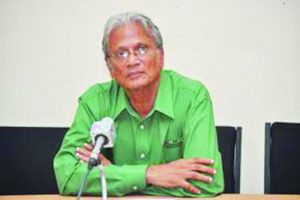
Moreover, the education activist pointed out that a rigid assessment system is generally employed by public schools in establishing the capability of each student before registration for the examinations. This therefore means she added, that a vetting process is conducted whereby the administration of the institutions review the student’s performance over the years and advises on the appropriate number of subjects.
The parliamentarian underlined her dismay in the potential outcomes of this proposal, noting that it will not only have a negative effect on the students and their families but also stands in the way of maintaining the country’s reputation of producing the region’s top performers. “It is sad that at a time when our country and our students have been continuously topping the Caribbean at CSEC, getting the scholarships given out by CXC… that this Administration would seek to dash the hopes of our young people,” she lamented.
“While most other countries are seeking to establish programmes to address their academically gifted children, our Government is bizarrely threatening to impose an environment where brilliance and high academic aspirations by our young people and their parents are to be seen as something to be ashamed of, to hide, and to stifle,” Manickchand noted. The former Minister’s position is backed by widespread criticism from sections of society as it is the majority opinion that the decision limit the avenues made available to students does not align with the best interest of the country’s youths, especially in the age of technology advancements.
Ever since the appointment of the new Administration two years ago, former Education Minister, Dr Rupert Roopnaraine had expressed intentions on the Ministry’s behalf to place a cap on the number of subjects students are allowed to pursue through the Caribbean Examination Council (CXC), primarily at the CSEC level. However, just days after the removal of Roopnaraine which saw the elevation of Junior Minister Nicolette Henry to the senior office, the Education Ministry has officially announced (through a circular disseminated to public second schools) that they exploring the possibility to implement this new system.
If executed, this limitation will bar students of senior secondary schools, including the sixth form institutions, from writing an excess of 10 subjects, while students originating from junior secondary schools will not be able to pursue more than six CSEC subjects.


